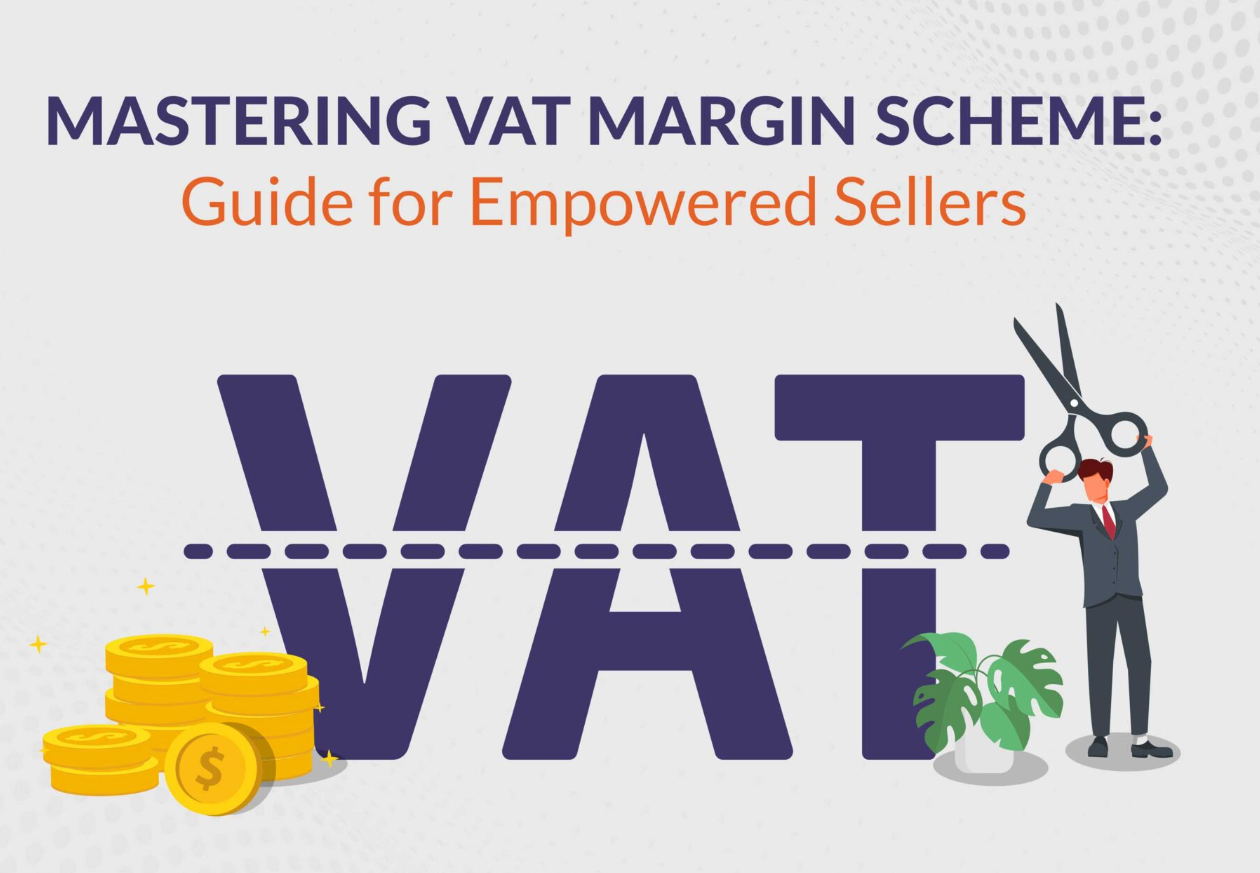How Corporate Tax Outsourcing Is Reshaping Business Efficiency in the UK and USA

Strong 8k brings an ultra-HD IPTV experience to your living room and your pocket.
In today’s complex financial landscape, corporate tax outsourcing is fast becoming a strategic move for businesses aiming to simplify compliance, reduce operational strain, and enhance accuracy in financial reporting. Whether you’re a mid-sized enterprise in Birmingham or a fast-growing startup in Austin, managing corporate tax internally can quickly become overwhelming. From juggling compliance to decoding new tax regulations, the burden is real. That’s where outsourcing makes its entrance—not just as a cost-saving tactic, but as a growth enabler.
Understanding Corporate Tax Outsourcing
Corporate tax outsourcing involves delegating various tax-related responsibilities to a specialized external firm. These responsibilities can include corporate tax return preparation, strategic tax planning, year-end compliance, transfer pricing documentation, and audit readiness. What makes this model particularly attractive is that it allows internal finance teams to stay lean while still accessing top-tier tax expertise and staying up to date with changing laws.
In both the UK and USA, where corporate tax laws are dynamic and increasingly digital, outsourcing offers peace of mind and efficiency in equal measure.
Key Benefits of Outsourcing Corporate Tax Services
1. Access to Skilled Tax Experts
Rather than recruiting a full-time in-house tax team, outsourcing gives you access to a dedicated group of tax professionals with specialized knowledge in local and international tax compliance. They’re constantly updated on changes in HMRC or IRS regulations, which ensures your business is always audit-ready.
2. Compliance Confidence
Tax codes are constantly evolving. UK businesses now operate under Making Tax Digital (MTD), while U.S. companies deal with ever-changing IRS policies and multi-state regulations. Missing a compliance detail can result in costly penalties. Outsourcing minimizes that risk.
3. Significant Cost Savings
Hiring and training a corporate tax team can be expensive, especially when you factor in software subscriptions, training, and infrastructure. Outsourcing reduces those overheads by offering flexible pricing models, often based on the scope of work or tax seasonality.
4. Scalability and Flexibility
If your business experiences seasonal fluctuations or rapid growth, outsourced teams can scale up or down to suit your needs. This is particularly useful during busy times like fiscal year-end or tax deadlines.
5. Focus on Core Operations
Outsourcing enables internal staff to prioritize core business operations—strategy, growth, product development—instead of being bogged down with tax preparation.
What’s Typically Included in Corporate Tax Outsourcing?
While packages can vary depending on the provider and your industry, most reputable firms offer:
- Preparation and filing of annual corporate tax returns (e.g., Form 1120 in the U.S. or CT600 in the UK)
- Tax strategy consultation and planning
- International tax and transfer pricing
- Tax forecasting and budgeting
- R&D tax credit support
- Quarterly or estimated tax filing
- Audit representation and risk management
Some providers even offer real-time dashboards, giving you full visibility into what’s been filed, what’s due, and any red flags.
Outsourcing in Action: A Real-World Scenario
Let’s consider a growing e-commerce company based in Manchester with a distribution hub in the USA. The business must handle both UK corporation tax and U.S. federal/state taxes. Without in-house tax specialists, the finance team is overwhelmed.
By outsourcing their corporate tax function, the company partners with a cross-border tax advisory firm. This partner ensures correct classification of income, utilizes relevant deductions, handles tax filings in both countries, and offers transfer pricing guidance. The result: accurate, timely filings and an internal team that can finally focus on growth and supply chain strategy.
Corporate Tax Outsourcing in the UK
In the UK, businesses face strict deadlines and evolving tax initiatives. Key responsibilities that can be outsourced include:
- Corporation tax computations and CT600 filing
- Capital allowances and investment deductions
- Claiming R&D tax relief
- Group tax relief
- Handling of HMRC inquiries and audits
- MTD compliance and software integration
With HMRC pushing towards digitized tax reporting, having an outsourcing partner with tech expertise is essential.
Corporate Tax Outsourcing in the USA
The U.S. corporate tax system is a web of federal, state, and sometimes city-level regulations. Businesses that operate in more than one state often struggle to stay compliant. Here’s where outsourcing helps:
- Federal tax returns (Form 1120)
- State income tax filings across multiple jurisdictions
- International tax compliance (BEPS, GILTI, etc.)
- IRS representation and audit defense
- SALT (State and Local Tax) strategy and optimization
These outsourced services make multi-jurisdictional tax compliance manageable and less prone to risk.
How to Choose the Right Corporate Tax Outsourcing Partner
Selecting the right outsourcing partner can make or break your experience. Here’s what to look for:
✅ Industry Experience
Pick a provider familiar with your industry’s regulatory environment. For example, manufacturing businesses often need specific guidance on R&D tax relief, while e-commerce companies deal with digital VAT or sales tax nexus.
✅ Multinational Capabilities
If your operations span countries, ensure your provider is familiar with international tax treaties and double-tax relief strategies.
✅ Software Compatibility
Ensure they can integrate with your current accounting tools (QuickBooks, NetSuite, Sage, Xero) and offer secure cloud access.
✅ Transparent Pricing
Avoid hidden costs by working with a firm that clearly outlines what’s included in their pricing—hourly, per return, or retainer-based.
✅ Proven Track Record
Look for testimonials, case studies, and client retention rates to ensure reliability and performance.
The Future of Tax Is Digital and Outsourced
The tax landscape is undergoing a technological revolution. Governments are introducing e-filing mandates and real-time reporting. As a result, the role of outsourced tax providers is expanding from just filing returns to acting as strategic partners in financial planning.
- Expect more providers to offer:
- AI-driven compliance checks
- Real-time dashboards and analytics
- Predictive tax planning tools
- Integration with ERP and cloud accounting systems
Businesses that adapt early to these innovations will benefit from improved decision-making, reduced risk, and better resource allocation.
Final Thoughts
Corporate tax responsibilities are a moving target. Between new government regulations, increased scrutiny, and complex financial structures, managing taxes in-house has become a burden many companies simply can’t afford. Corporate tax outsourcing offers a clear, cost-effective, and scalable solution.
For businesses across the USA and UK, this isn’t just an administrative decision—it’s a strategic one. By trusting a reliable tax outsourcing partner, companies can shift focus back to what truly matters: innovation, growth, and customer success.
Note: IndiBlogHub features both user-submitted and editorial content. We do not verify third-party contributions. Read our Disclaimer and Privacy Policyfor details.







